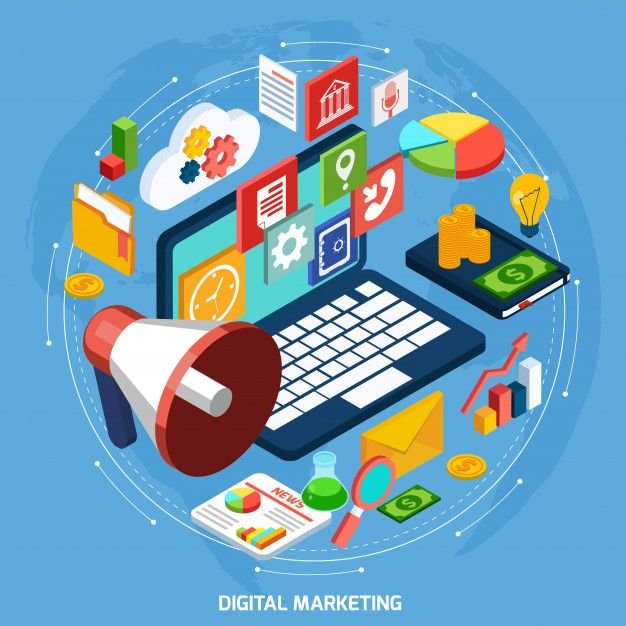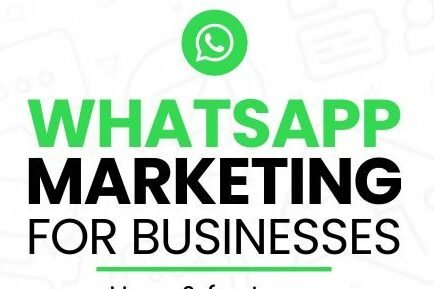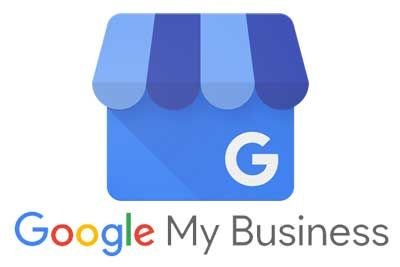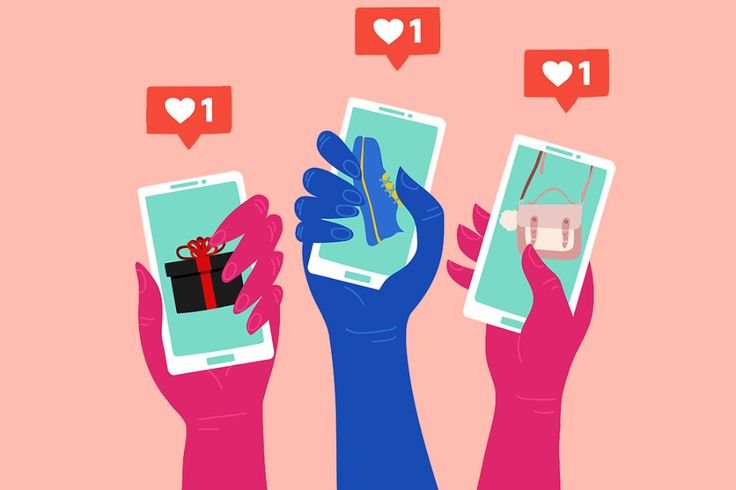WAYS and STRATEGIES to market your business online

Marketing your business online is the smartest way to grow in today’s digital economy. With more customers searching, shopping, and interacting online, having a strong digital presence can help you reach a wider audience, increase sales, and build brand credibility. In this guide, we’ll show you simple, effective, and low-cost strategies to market your business online in 2025 — whether you’re just starting out or looking to scale. Stay focused and start with what you have by simply applying this simple strategies you can never find in anywhere.
1. Use Free Social Media Marketing
Social media is the most accessible and effective marketing tool in Kenya. With millions using platforms like Facebook, Instagram, TikTok, and WhatsApp, you can build awareness, engage customers, and make sales — all for free.

Start by creating a Facebook Page and Instagram Business Profile. Ensure your profiles include your logo, business name, bio with keywords (e.g., “Affordable Cakes in Nairobi”), and contact information. Post 3–5 times a week with a mix of content: high-quality product photos, customer testimonials, how-to tips, and behind-the-scenes videos.
Instagram Reels and Facebook Stories get more reach than regular posts, especially when paired with trending music and hashtags like #254Business or #MadeInKenya. TikTok can also help you go viral with authentic, fun videos.
Engagement is key — respond to every comment and DM. Use polls, Q&As, and giveaways to spark interaction. You can also join and post in Facebook Groups (e.g., “Buy and Sell in Nairobi”) relevant to your niche.
Track your analytics using built-in tools (Facebook Insights or Instagram analytics) to understand what works and improve over time. With consistency and creativity, social media becomes your free digital billboard.
2. Leverage WhatsApp Business
WhatsApp Business is essential for direct, personalized communication in Kenya. Most of your customers already use WhatsApp, so meet them where they are.
Download the WhatsApp Business App, then set up your profile with your logo, description, address, business hours, and a link to your website or catalog. Use the catalog feature to upload images, prices, and descriptions for each product or service — turning your chat into a mini online shop.

Enable automated messages:
- Greeting messages welcome customers.
- Away messages notify when you’re offline.
- Quick replies save time on FAQs like pricing and delivery.
Use Broadcast Lists (not groups) to send bulk messages like promotions or updates to saved contacts — ideal for flash sales or new arrivals. Always ask customers to save your number to receive broadcasts.
Post on WhatsApp Status daily: product highlights, behind-the-scenes, client reviews, and limited-time offers. It’s a free ad space seen by engaged contacts.
Add a WhatsApp chat link to your Instagram bio, Facebook Page, or website using:https://wa.me/2547XXXXXXX — this allows people to message you with a single tap.
WhatsApp builds trust, speeds up sales conversations, and keeps customers updated — all at zero cost.
3. Optimize Your Google My Business Listing
Google My Business (GMB) helps you appear in local search results and Google Maps — especially when customers search things like “plumber near me” or “boutique in Nairobi.”
Go to google.com/business and create a free listing. Fill in your business name, category, address (or service area), hours, phone number, website, and description.
Verify your listing through a code sent by postcard or sometimes via phone. Once verified, your business appears on Google Maps and local search results.
Optimize your profile by:
- Uploading high-quality photos of your products, staff, and location.
- Writing a keyword-rich description (e.g., “Affordable fashion boutique in Nairobi CBD”).
- Adding service areas (especially if you deliver).
- Posting weekly updates, offers, or blog links.
Encourage happy customers to leave reviews. More positive reviews = higher rankings in search results. Always reply politely to all reviews to build credibility.
This boosts your visibility when local customers are actively looking to buy — meaning high-intent traffic and more conversions, without spending money.

4. Create Valuable Blog Content
- In marketing online blogging builds trust, improves SEO, and establishes you as an expert. You can blog using a free platform (like WordPress or Blogger) or your own website.
Start by researching what your customers are searching for. Use tools like Ubersuggest or Google Keyword Planner to find popular terms (e.g., “How to start a salon in Kenya”, “Best egg incubators in Kenya”).
Create blog posts around these keywords. Make your content helpful, well-structured, and 800–1500 words long. Use headings (H2, H3), short paragraphs, images, and bullet points for readability.
Each blog should include:
- A focus keyword in the title, headers, and URL
- A strong introduction and conclusion
- Internal links to other blogs or products
- A call-to-action (e.g., contact you, download a checklist, sign up for email)
You can also share your blogs via WhatsApp, social media, or email newsletters to reach more people.
With time, your blog will attract free traffic from Google and serve as a 24/7 sales assistant for your business.

5. Join Local Online Communities

Kenya has thousands of active Facebook Groups, Telegram channels, and forums that are perfect for marketing — especially for niche products.
Search for groups like “Buy and Sell Nairobi”, “Kenyan Moms in Business”, or “Eldoret Business Hub”. Join groups relevant to your product or service and study the rules before posting.
Be active — don’t just advertise. Answer questions, share helpful tips, and build relationships. Then you can mention your business naturally or link your products when relevant.
You can also create your own group or Telegram channel, invite your customers, and post updates, discounts, and helpful content regularly.
This method builds trust and credibility while exposing you to highly targeted, engaged audiences — all for free.
6. Use Email Marketing Tools
Email marketing is one of the highest-ROI methods in digital marketing. Start for free using tools like Mailchimp or Brevo (Sendinblue), which let you collect emails, create newsletters, and automate campaigns.
Build your email list by offering something valuable — a free checklist, a guide, or exclusive discounts. You can collect emails using:
- Signup forms on your website or blog
- Google Forms shared on WhatsApp or social media
- In-person events or after purchases

Create and send professional newsletters showcasing your products, tips, blog posts, or announcements. Send at least one email per week to stay top of mind.
Use templates in Mailchimp or Brevo to make emails visually appealing. Write short, clear subject lines and personalize emails using first names.
You can also automate emails like:
- Welcome emails for new subscribers
- Abandoned cart reminders (for e-commerce)
- Birthday discounts or loyalty offers
Track email open rates, clicks, and conversions to know what works and improve over time.
7. Collaborate with Micro-Influencers
Micro-influencers are social media creators with 1,000–10,000 followers who have a strong connection with their audience — often more effective than big celebrities.
Find influencers in your niche using Instagram, TikTok, or Facebook. Look for:
- High engagement (likes, comments)
- Content style that matches your brand
- Audience in your target market (e.g., youth, moms, professionals)
DM them or email with a simple pitch: introduce your business, suggest a collaboration, and offer value. You don’t always need cash — offer free products or services in exchange for reviews or shoutouts.
Agree on content type (story, reel, post), timeline, and expected results. Ask them to tag your business and use a custom hashtag.
Track performance: check follower growth, engagement, and sales during and after the campaign.
Micro-influencer partnerships can generate awareness, social proof, and leads — especially when you’re just starting and need traction.


